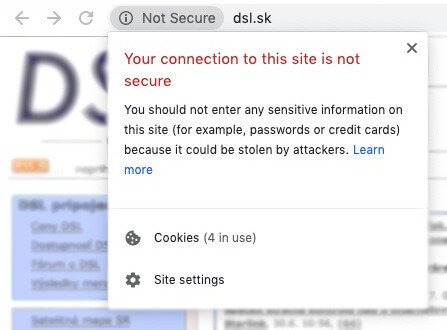
With institutional support from scholars, activists, and policymakers, non-police anti-violence workers can make police obsolete. Such initiatives hold the potential to empower communities to police themselves.

From epidemiologists to community activists to incarcerated individuals, numerous democratic-abolitionist institutions dependent on the non-involvement of the police have taken root in violence-prone communities.

In so doing, we reflect on the structural engines behind the cycles of violence that police are exclusively empowered to combat, and highlight and analyze the parallel work of non-state actors in breaking those cycles. fire all cops), we support the creation of new non-police institutions empowered to supersede the police monopoly on violence reduction. This Article is the first in legal scholarship to seriously imagine abolishing criminal law enforcement as we know it within that larger democratic-abolitionist framework rather than a negative vision of abolition (i.e. Until now, that project has set its sights on abolishing the death penalty and mass incarceration. DuBois called “abolition democracy”-the project of building up radical community-powered institutions to supplant oppressive social structures inherited from the legacy of chattel slavery. Today, a new abolitionism is on the rise in the tradition of what W. criminal legal system have been shaken by a mass awakening to its racist origins and ends. Since then, the very foundations of the U.S. Davis asked the same of prisons in her germinal 2003 prison-abolitionist manifesto, Are Prisons Obsolete?, the “prison-industrial complex” was only beginning to enter the lexicon of scholars and activists taking on what was then the fairly recent phenomenon of mass incarceration.

The stark contrast between ordinary city residents risking their safety to fight against violence in their community and a corrupt police force committing and propagating acts of violence in the microcosmic streets of Baltimore raises what may appear at first blush an absurdly radical question: are police obsolete? When Angela Y. Indeed, as community anti-violence organizers worked to cool hot feuds in order to prove that endless violence was not their destiny, the Baltimore Police Department was sinking ever-deeper into perhaps the most shocking police corruption scandal of the twenty-first century. On February 5, 2018, Baltimore activists organized a successful “cease-fire weekend,” during which no one was killed-and the cops were not to thank.


 0 kommentar(er)
0 kommentar(er)
